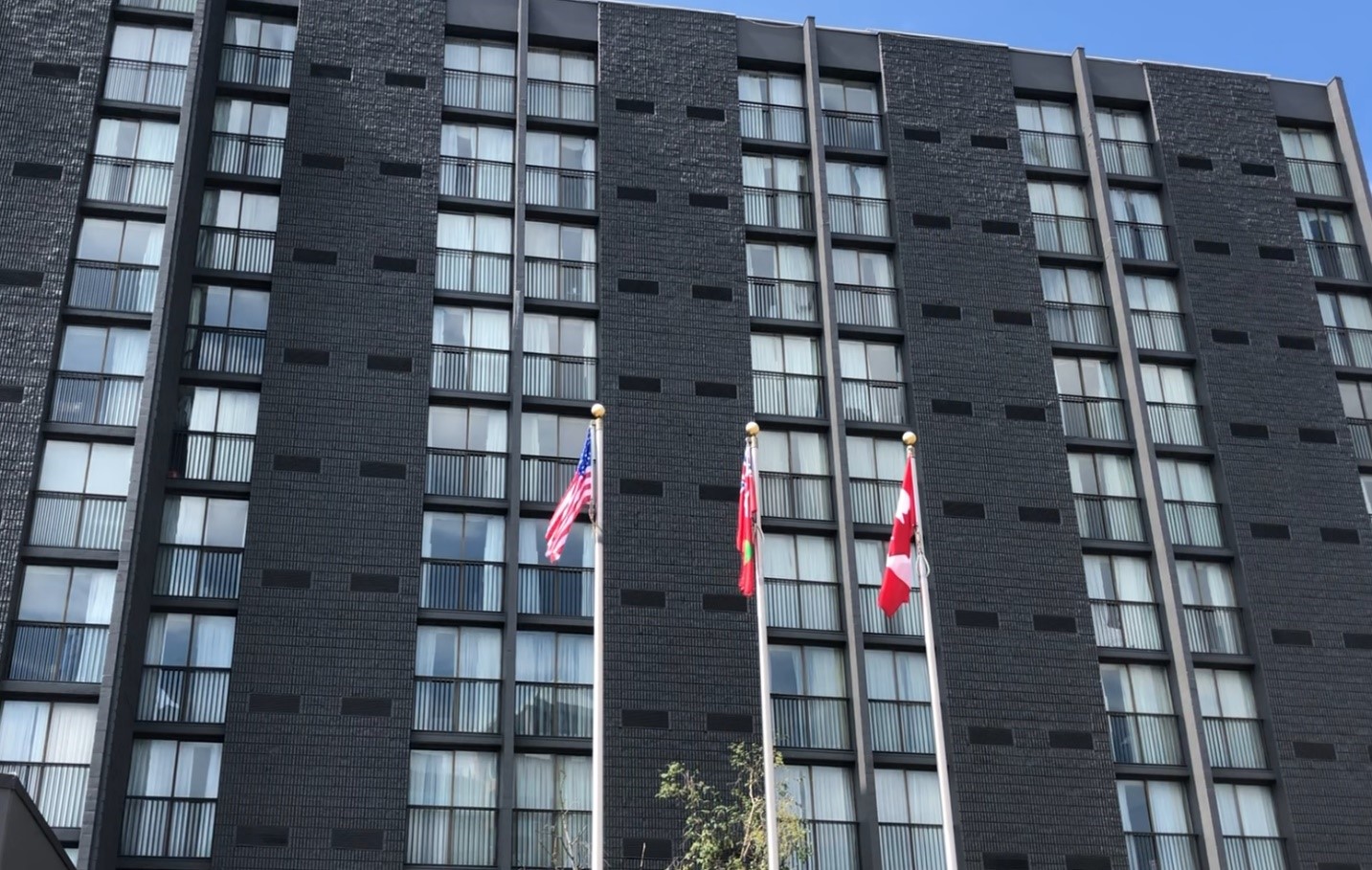
Why This Audit Matters
The City will likely continue to use hotels as a temporary housing solution to meet the demand for emergency shelter beds or for other emergencies that may arise. Putting in place the right strategies to effectively oversee and manage hotel operations allows the Shelter, Support, and Housing Administration (SSHA) Division to stretch the value achieved from each shelter dollar further and to free up more rooms to support those in need.
Every dollar and every room matters. It means more funds and rooms can go directly towards making sure there are enough shelter beds, especially in the winter months, or towards creating more permanent housing to address homelessness.
By The Numbers
- 29 hotel locations as at March 2022, with:
- 2,900 rooms
- 3,900 people
- $320M spent on hotel operations in 2021, including:
- $118M for hotel rooms
- $29M for meals
- remainder for wraparound services and other costs
- $13M+ for charges not in accordance with contract terms over two years, including:
- $2.4M for extra “DMF” charges on room invoices
- $5.3M for extra “Facility Surcharge” on meal invoices
- $5.4M for vacant rooms where contract does not specify they are to be paid for
- $0.1M for other charges
- Examples of opportunities to reduce costs:
- $840K spent on storage
- $68K spent on printers
- $2-3M paid for leased rooms that went unused for various operational reasons
Background
SSHA contracts with various hotels across the City to allow the emergency shelter system to expand as needed. The onset of the COVID-19 pandemic reduced the number of people that existing shelters could accommodate. As a result, SSHA significantly increased its use of hotels, from around 700 rooms before the pandemic to around 2,900 in March 2022.
What We Found
A. Strengthening Contract Management Stretches Funding Further
- City paid $13M+ over two years for charges not in accordance with the express terms of the contract – enough to pay for about 52,000 room nights, meals and wraparound support services for an entire year. The incorrect amounts were being charged even before the pandemic
- Some staff who process invoices were not familiar with the contracts or whether a particular charge should apply
- Some staff were paying what they assumed was appropriate or had paid in the past rather than applying the express terms of the contract
- Opportunities to reduce costs by providing more cost-effective options for addressing operational requirements (e.g., storage, printing)
- Audit highlights an opportunity to transfer responsibility for hotel contracting to CREM so SSHA can focus on core service delivery
B. Leveraging Data to Identify Opportunities to Stretch Funding Further
- SSHA advised that quickly expanding capacity and implementing public health measures was the primary consideration at the start of the COVID-19 pandemic – some vacancy loss resulted
- City paid $2-3M for leased rooms that went unused for various operational reasons
- Going forward, SSHA should enhance its use of data to develop targeted strategies to help reduce the number of hotel rooms going unused and to look for ways to make more space in hotels available as client rooms. This includes identifying leased capacity that has not been made available as client rooms, tracking rooms used for other purposes (such as office space, storage, programming), identifying and minimizing clusters of rooms that go unused, and prioritizing the use of leased rooms over pay-per-use rooms
C. Building Confidence in the Safety of the Shelter System
- Despite SSHA’s efforts to quickly expand its shelter system and provide infection prevention and control (IPAC) guidance to shelter operators, like other congregate living settings, shelters continued to experience outbreaks
- IPAC consultant hired in May 2021 conducted inspections and raised many recommendations across multiple shelter locations
- City should make sure the following is in place going forward:
- Up-to-date IPAC policies and procedures, sustained IPAC education and on-site training of existing staff, and a process to ensure IPAC orientation / education / training for new staff
- Regular independent third-party IPAC specialist assessments
- Transparent reporting to City Council on areas where improvement is needed and corrective action is being taken
How Recommendations Will Benefit the City
15 recommendations to help the City make sure money goes toward providing more shelter spaces or creating permanent housing solutions for people experiencing homelessness.